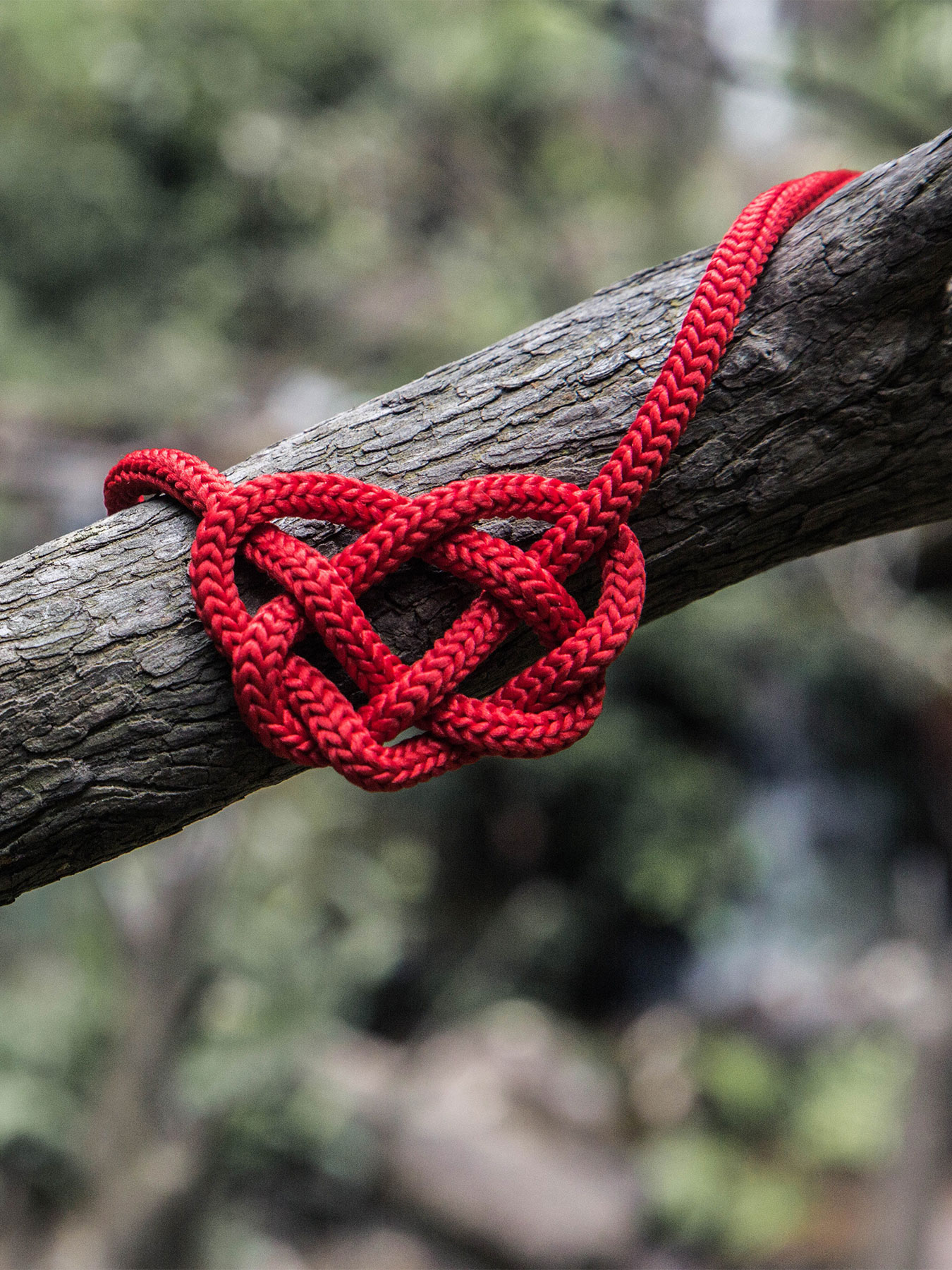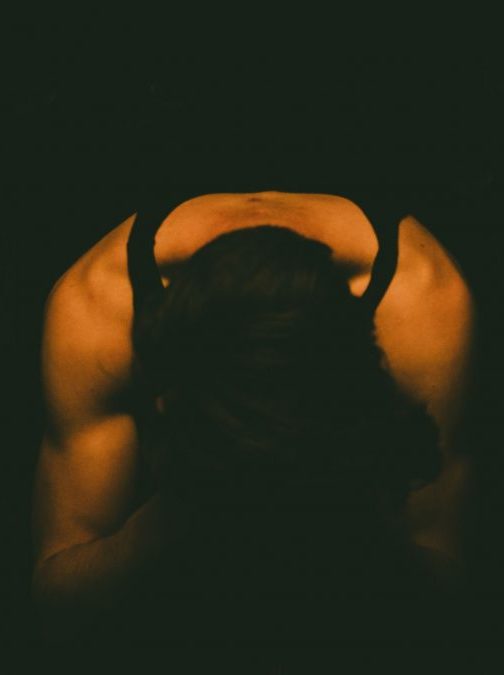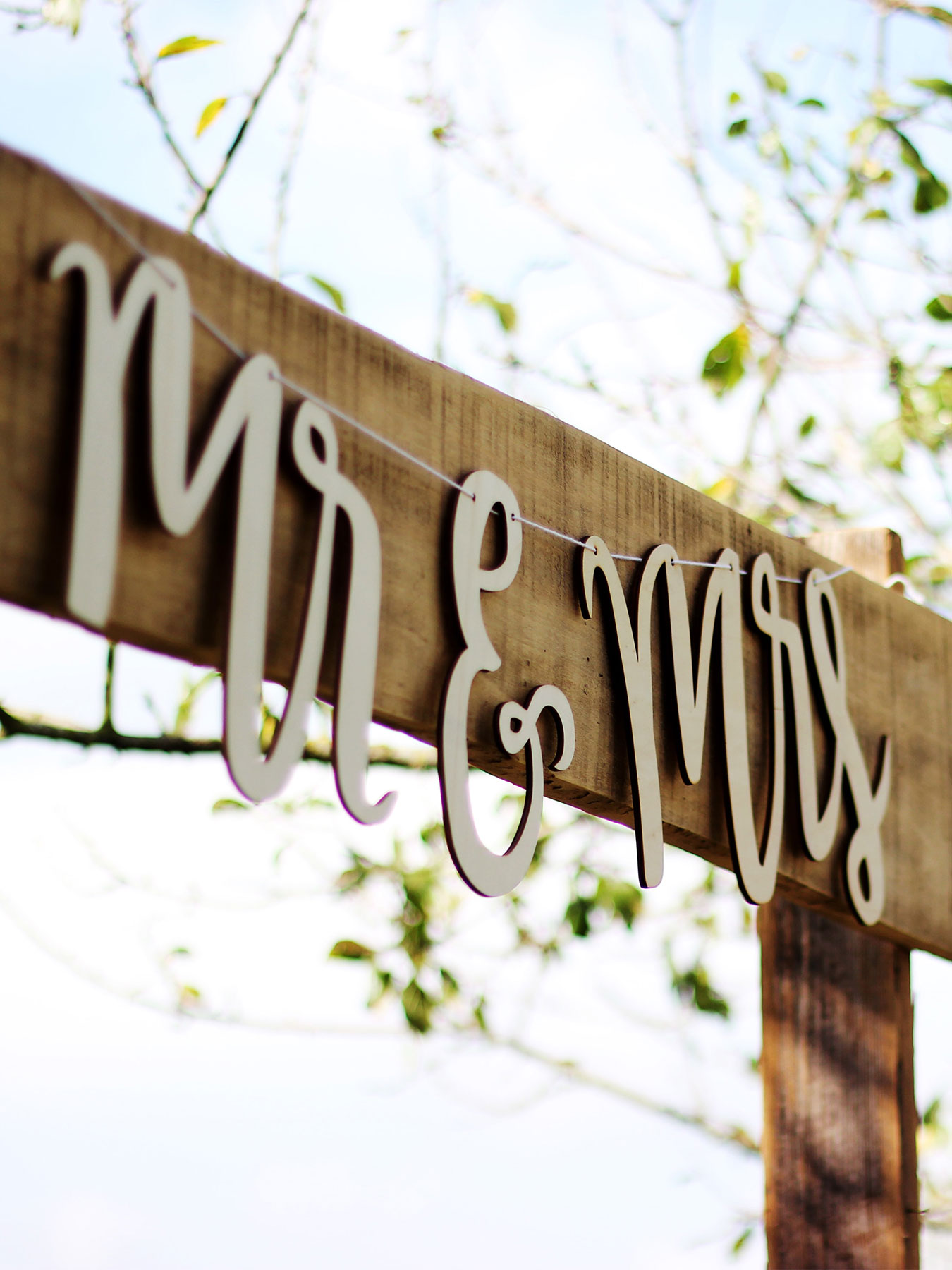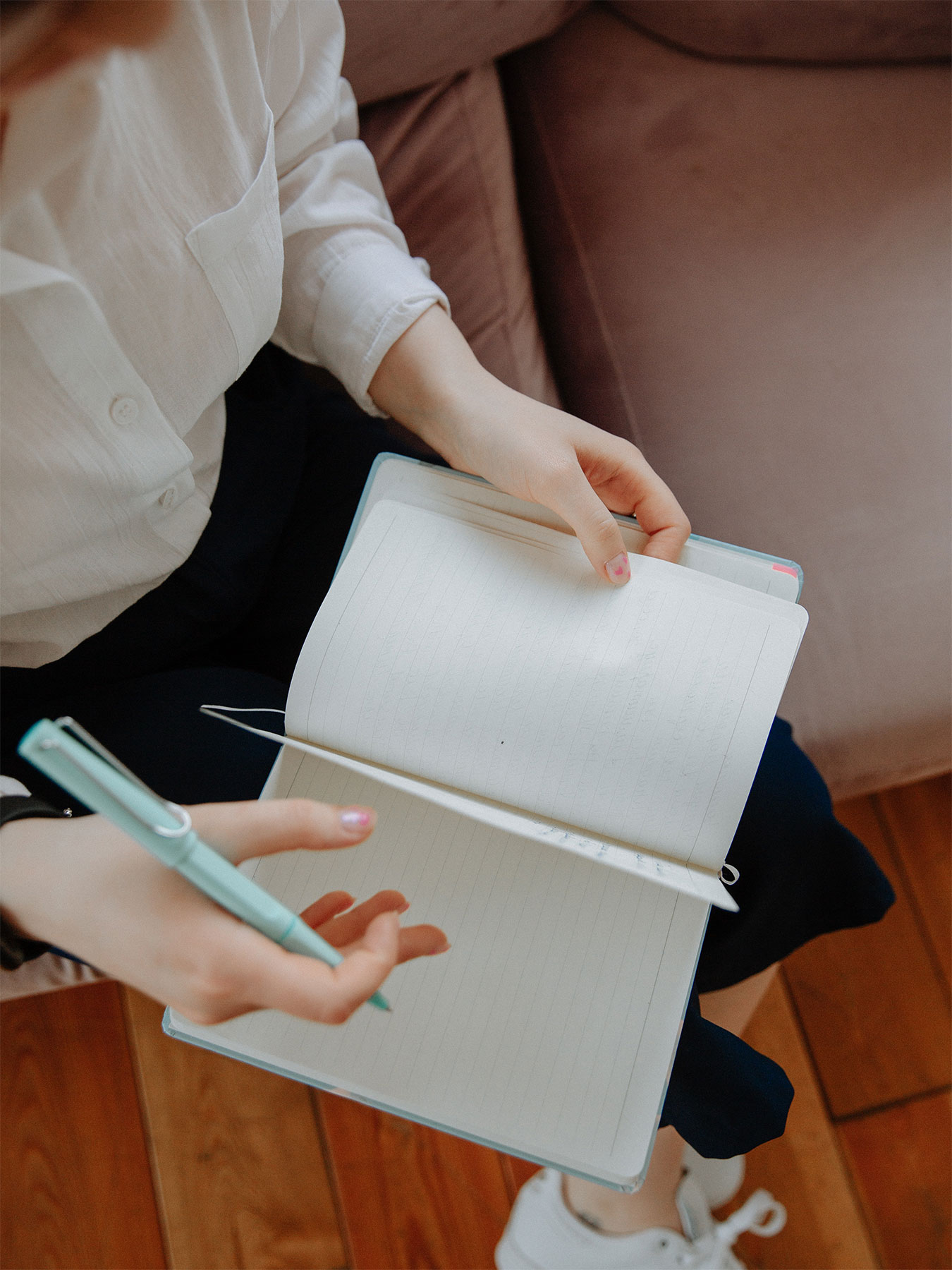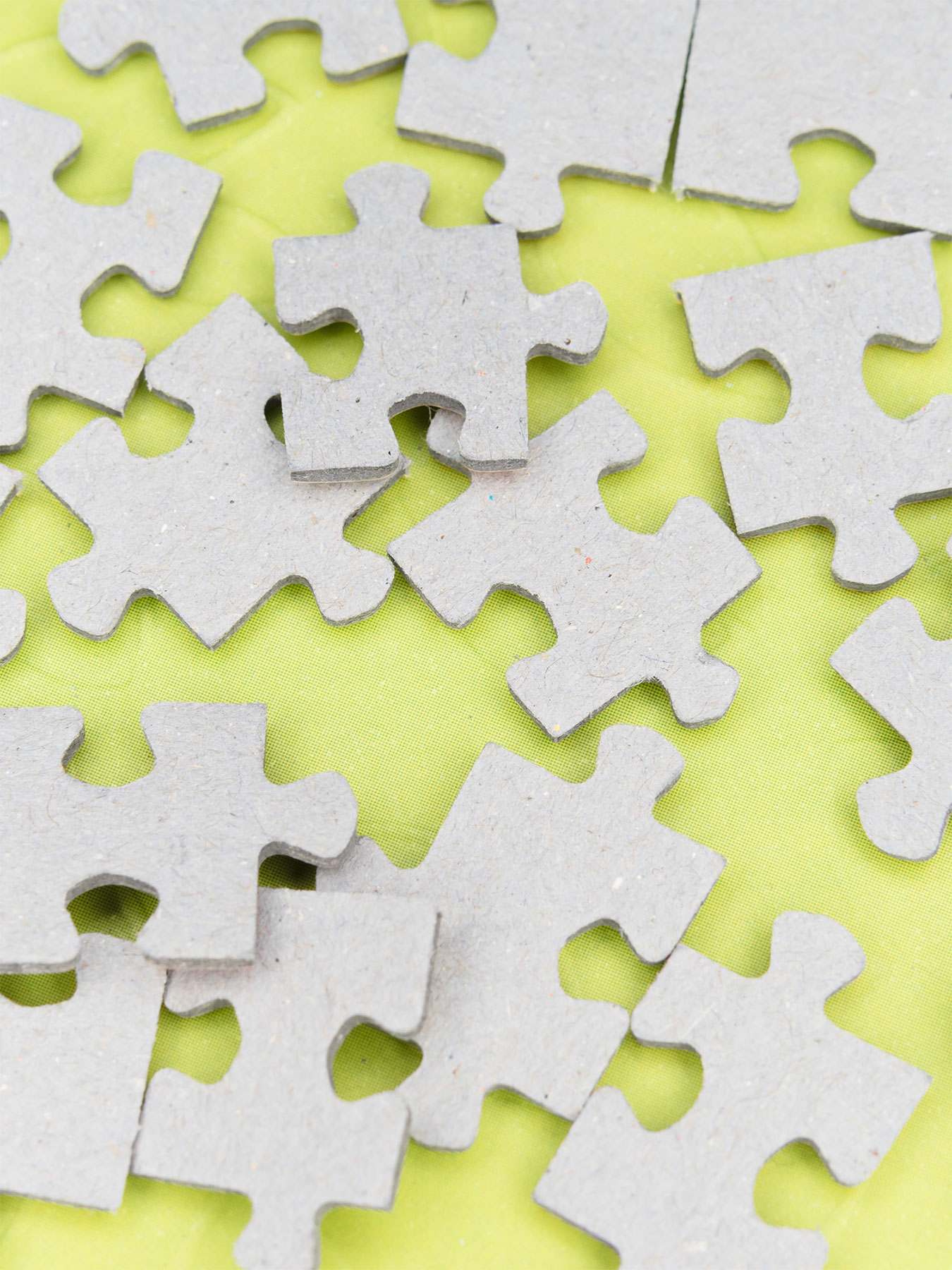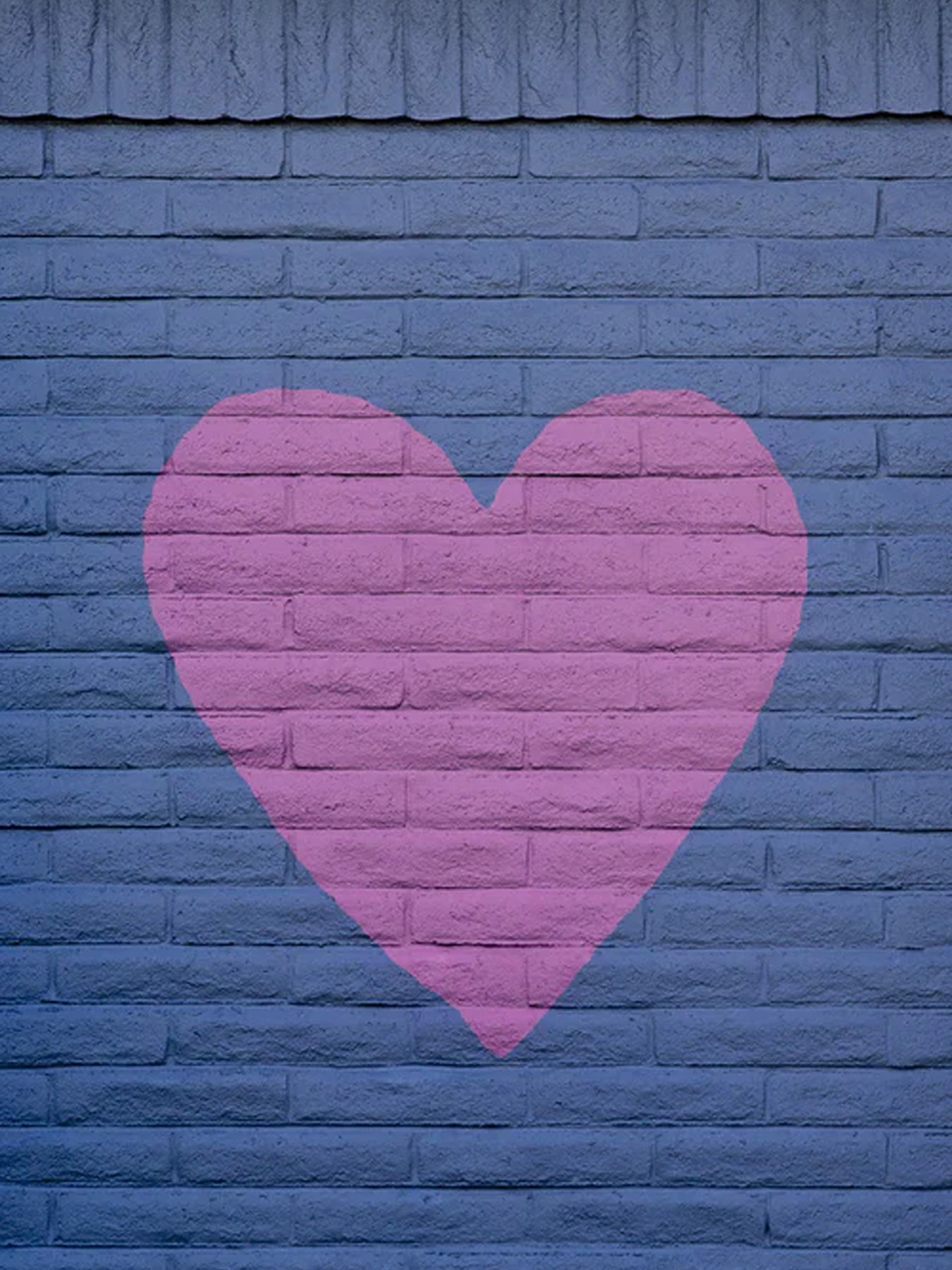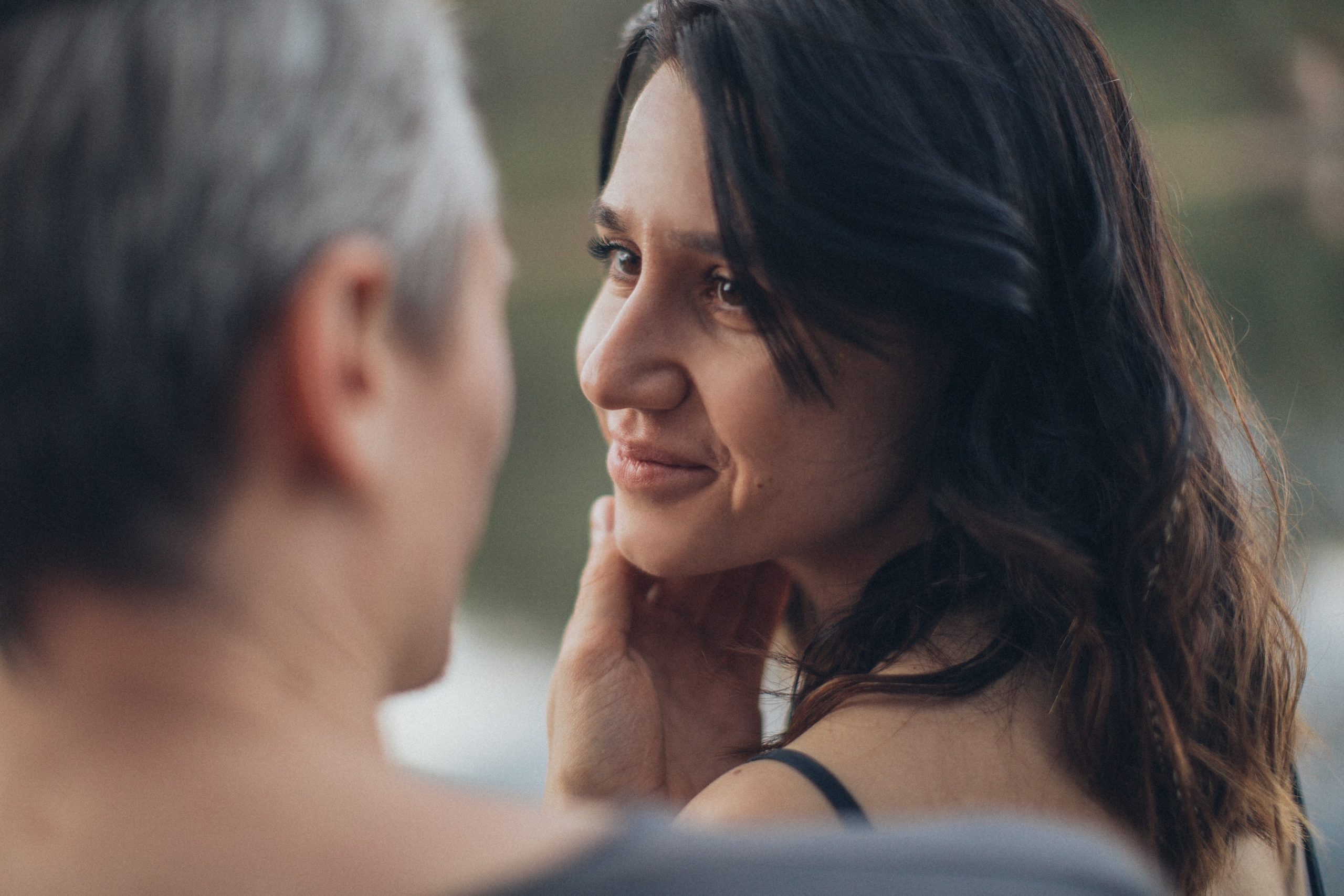Racial biases impact everyone and every aspect of our being - particularly our sexuality.
This week’s episode of Sex Marks the Spot, I’m going to delve into how racism shapes the lens in which BIPOC navigate their worlds and how connection to self and other are impacted. Sexual racism, assumptions, rules and norms all play a part into how we express our sexuality. I’ll share some of my own insights as well as what research has shown about disparities in sexual wellbeing amongst BIPOC.
Together, let’s better understand to better connect.
Tune in to Sex Marks the Spot every Hump Day on ITunes, YouTube, GooglePlay, Stitcher, Deezer and the link in my bio. Comment + Share + Subscribe!!
Links to subscribe and follow:
Itunes: https://podcasts.apple.com/us/podcast/id1478850964
YouTube:https://www.youtube.com/channel/UCx7P6AyNnHpnAdIiohLwGaQ?view_as=subscriber
Spotify: https://open.spotify.com/show/0ldXqOl9jGRA9fdgnpmbD0
Deezer: https://www.deezer.com/show/496742
Stitcher: https://www.stitcher.com/podcast/catalina-lawsin/sex-marks-the-spot?refid=stpr
TuneIn: http://tun.in/pjxbB
Instagram: https://www.instagram.com/drcatalinalawsin/?hl=en
Facebook: https://www.facebook.com/cathylawsin
LinkedIn: https://www.linkedin.com/in/catalinalawsin/
Episode Transcript
Racism and sex. Hi, I’m Doctor Catalina. And today I want to talk about how racism and racist assumptions impact our sexual wellbeing. I’m dr. Catalina Lawsin a licensed clinical psychologist. And I love talking about sex. Sex Marks The spot is a podcast that bridges the gap between what we know and what we actually do when it comes to sex relationships.
Well, there’s actually been very minimal research on sexuality and sexual well-being amongst people of color particularly recent immigrants and in other countries the majority of sex research only in the last few decades has that expanded to address different ethnicities even in my own research. I developed a sex intervention for Latina cancer survivors and revealed that there haven’t been any recent research sexual interventions for specifically made to address sexuality amongst Latinas and one of the things that you often find amongst when it comes to sexuality and people of color or minorities is a lot of sexual racism where there’s a lot of assumptions that are generally binary amongst individuals or people I love color being an Asian. There’s all of these assumptions, you know, even in my research when I go abroad particularly to Southeast Asia. There’s always this Assumption of oh no Asians don’t talk about sex or they’re either Virgin Mary’s or their over-sexualized and that’s generally what you’re seeing as far as the dichotomies when you’re speaking of people of color and it comes to sexuality is that You are either a prude Virgin Mary or your over sexualized and have a Madonna complex. You see this amongst Asians. You see this amongst African-Americans. You see this among Hispanics. You see this across most cultural stereotypes. So how does this impact us as individuals it absolutely shapes , how we perceive ourselves as sexual Beings and then how we become reinforced to actually behave. So for instance. I know that being raised as a Filipino my mom very much. You know, we were supposed to be more virgins. My mom was a virgin when before she got married. It was a very different time then and I remember for me thinking I’m going to wait till I get married before sex because that’s what Good girls do and so for me this idea of expressing my sexuality like was very much unheard of and and chastised and I know I’m on one hand it would be funny because I always talked about sex but on the other hand it was confusing and this is the thing. When you don’t fit in to these binary stereotypes, it becomes confronting and you get challenged and speaking from personal experience. This absolutely affected me in relationships all of them. Particularly. My Intimate Relationships it shifted how I viewed who I should be dating. I definitely Filipinos or the most Americanized Asians and as First-gen here. I don’t speak Tagalog. I’m very much never never had Asian friends. My best friend is Indian and and even she was raised very acculturated. But Filipinos are unique in that we very much art for art culture socialized to be Basically American but specifically white American and so Me growing up. It was very confusing and literally only in the last decade have I begun to fully identify all of the facets of my cultural identity and Brace those so that I used to primarily only look at Caucasians because there was this Norm of okay. That felt that felt like almost an improving of our gene pool, you know when you look at when particularly when I would travel to Asia it would be so confronting for me to see for white foreigners. Particularly white Americans come over and pick up very attractive. Very young women, you know, I remember my sister when she was In high in college got shown, you know mail order brides book from from this man when she was waitressing at lizards Thicket and I remember being in Atlanta at my nephew’s baptism and this guy coming up to me asking me if if I was a mail-order bride. Being in Hawaii and just because I was sitting alone at a bar someone assuming I was a prostitute.
Podcast: Play in new window | Download

